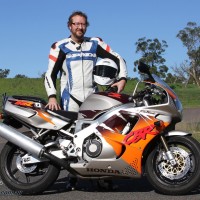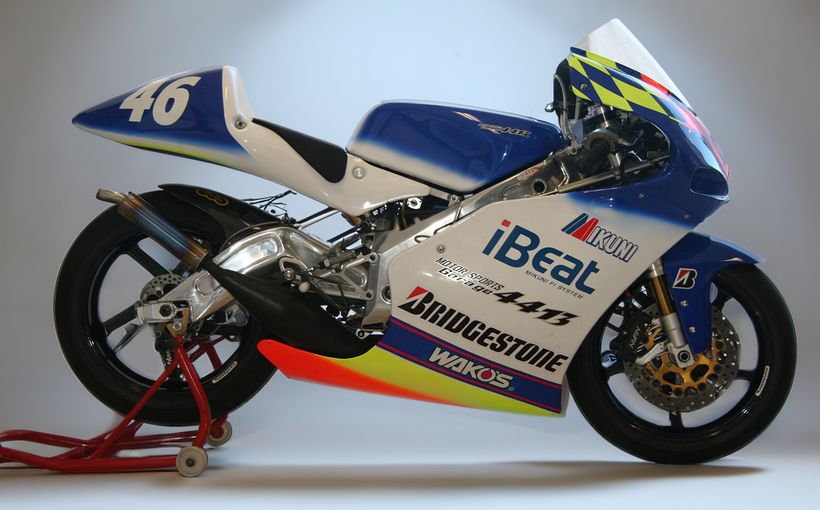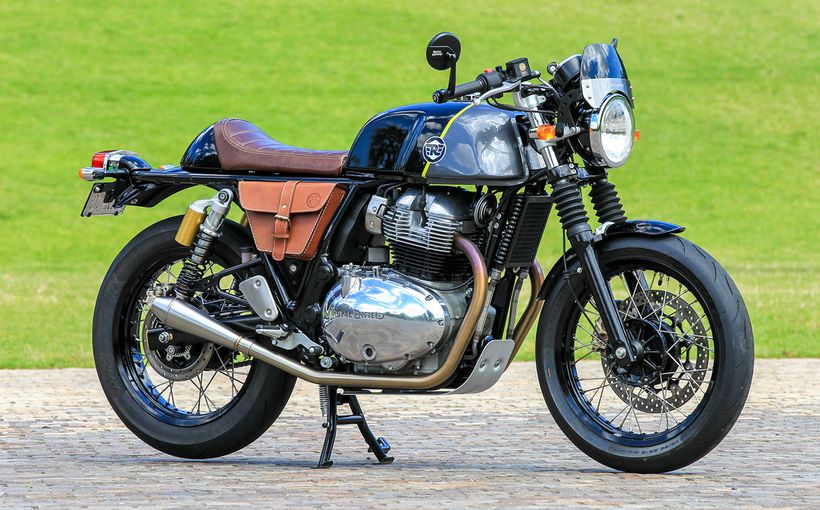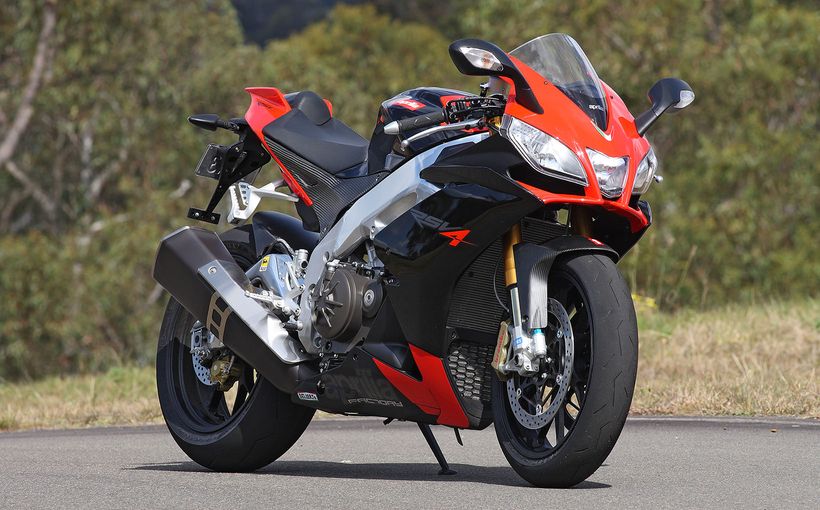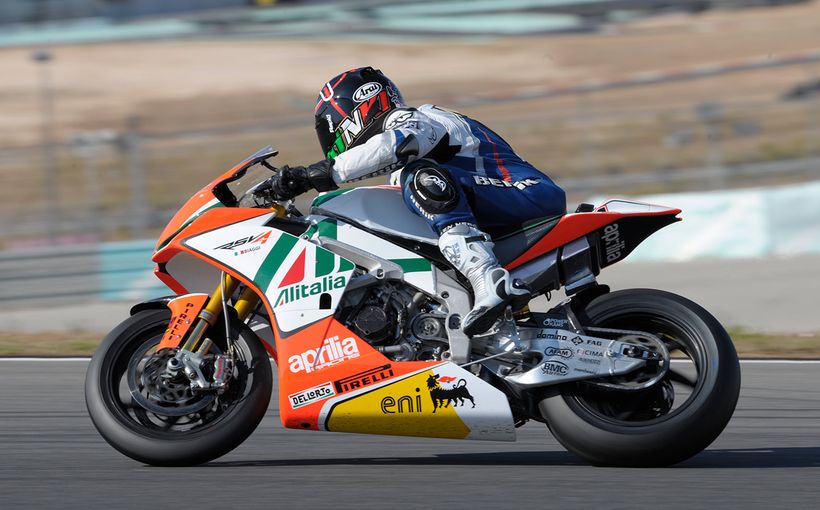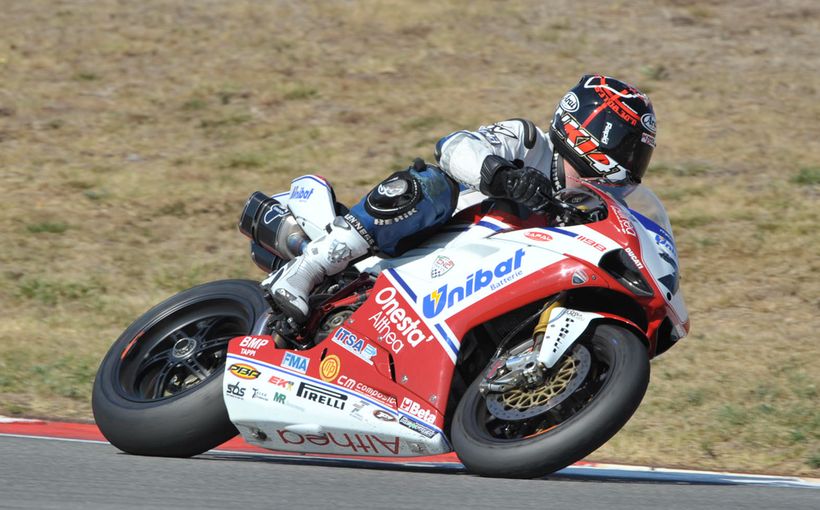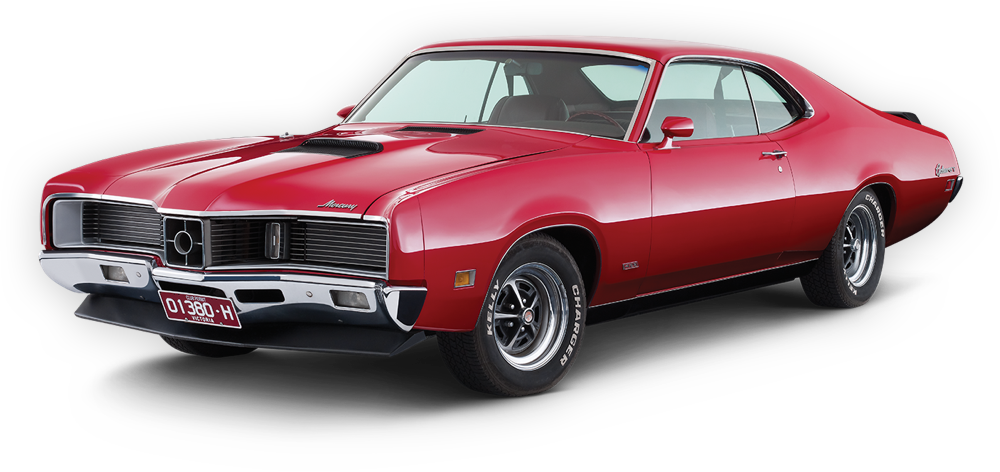1982 Yamaha XJ650 Turbo: BLOW MY MIND 40 Years on!

Test: Jeff Ware Photography: Keith Muir/Heather Ware
When graphics were crazy digital look-a-like fonts and dash displays looked like the screen of your calculator (or the one calculator shared in your office). The Japanese went nuts over forced induction and although they produced some wild and memorable machines the era came and went as fast as you can say ‘fuel pressure regulator’.

It was only a few years before said manufacturers out-gunned their own futuristic machines with naturally aspirated and less expensive models that were lighter and faster – plus better looking.
Despite all of this, there is no denying the coolness of a factory turbocharged motorcycle – of course, with the words TURBO CHARGED well and truly prominent on the bodywork, “Your bike is turbo charged? Man, you are crazy.” etc… The wildest looking has to be the XJ650 Turbo…

The XJ remained carburetted – which, although basic, proved to be the most reliable of the Japanese turbo bikes. The tiny turbo was mounted basically where you would find your rear shock linkage on a modern bike. Behind the engine sump, around three inches in front of the back tyre. It was like an automatic full-time tyre warmer!

This spot was a fail and a half. The turbocharger got little to no cool air, in fact, it got hot air from the already overly hot engine. It was also an eternity before exhaust gasses reached the impellor to spool up the turbo as it was at the end of the collector pipe! So, imagine, you open the throttle anticipating acceleration and have to wait all of that time before the turbo comes into effect…

The turbopiping from the compressed side was routed up behind the crankcases to the plenum chamber and then mixed and distributed by four Mikuni CV carburettors, which had pressurised float bowls to prevent the forced air from basically blowing all of the fuel out of them.


On the intake side of the turbo was another restriction – a large airbox. It was a lose lose situation. Oddly, one side of the exhaust system on the XJ is fake and simply vents from the wastegate. It is actually a four-into-one not a four-into-two!

The XJ is basic. Yamaha attempted to keep the astronomical price tag of a turbo motorcycle down. However, the result is really a bike made from leftovers. A Seca chassis (ouch), oil and air cooling (yikes) pressurised CV carburettors that actually proved more reliable than EFI and lastly, a turbo with a light switch power deliver that caused the already bad chassis to get worse!


The Yamaha styling is also, err, well you can decide for yourself…
The Yamaha does not feel well developed, tested or thought about. The seat is thin, the ‘pegs low, the ‘bars awkward and the bike feels confused.

I start up the inline four and it idles away smoothly enough and is louder than the other turbo models despite one fake muffler.
I head off for my 30-minutes of fun and within a few corners I already know the bike is a fail. It handles like junk; the brakes are weak and the ride position awkward.


On paper the chassis is similar specification to the GPz750 but in reality, it is quite different. The rear brake is a drum and the front brakes equally as bad. With the little turbo mounted miles away from the cylinder-head the XJ suffers lag and being carburetted means that although the throttle action and application is smooth, the actual fuelling adds to the peaky nature of the bike. Oddly, the XJ is shaft drive, which makes no sense as it is supposed to be a sportsbike – and the shaft drive ads to the odd handling of the bike.

However, before you think I hate the XJ, let me tell you, there is something stupidly fun about a badly designed turbo system that is all lag then suddenly all power. It is a hoot hanging on and letting the poor old Seca chassis twist and weave around – in fact; the XJ650 Turbo is, if anything, one of the most grin-inducing motorcycles from the early 1980s – only for all the wrong reasons.


The bike got slower as my test went on and the engine and intake temperatures rose. By the end I think I was literally cooking on the bike! Yamaha – what were you thinking?

TOP SPEEDS (OFFICIAL FACTORY CLAIMS)
XJ – 201km/h
1/4-MILE TIMES (OFFICIAL FACTORY CLAIMS)
XJ – 12.68@106mph
YAMAHA XJ650 TURBO
Engine: Turbocharged air-cooled inline four-cylinder DOHC two-valve four-stroke, 653cc, 63 x 52.4mm bore x stroke, 8.2:1 compression ratio, 4 x 30mm pressurized Mikuni CV carburettors, five-speed gearbox, wet multi-plate clutch, CDI ignition, shaft final drive.
Chassis: Steel spine frame, steel sub-frame, 36mm Showa conventional forks, air preload, dual Showa shocks with air preload plus rebound adjustment, dual 266mm rotors with single-piston calipers (f), single 200mm drum brake (r), 3.25 x 19in (f) and 120/90-18in (r) tyres, 235kg dry, 257kg wet, 19.5L fuel capacity.
Performance: 90hp@9000rpm, 60.25ft-lbs@7000rpm

Protect your motorbike. Call Shannons Insurance on 13 46 46 to get a quote today.


